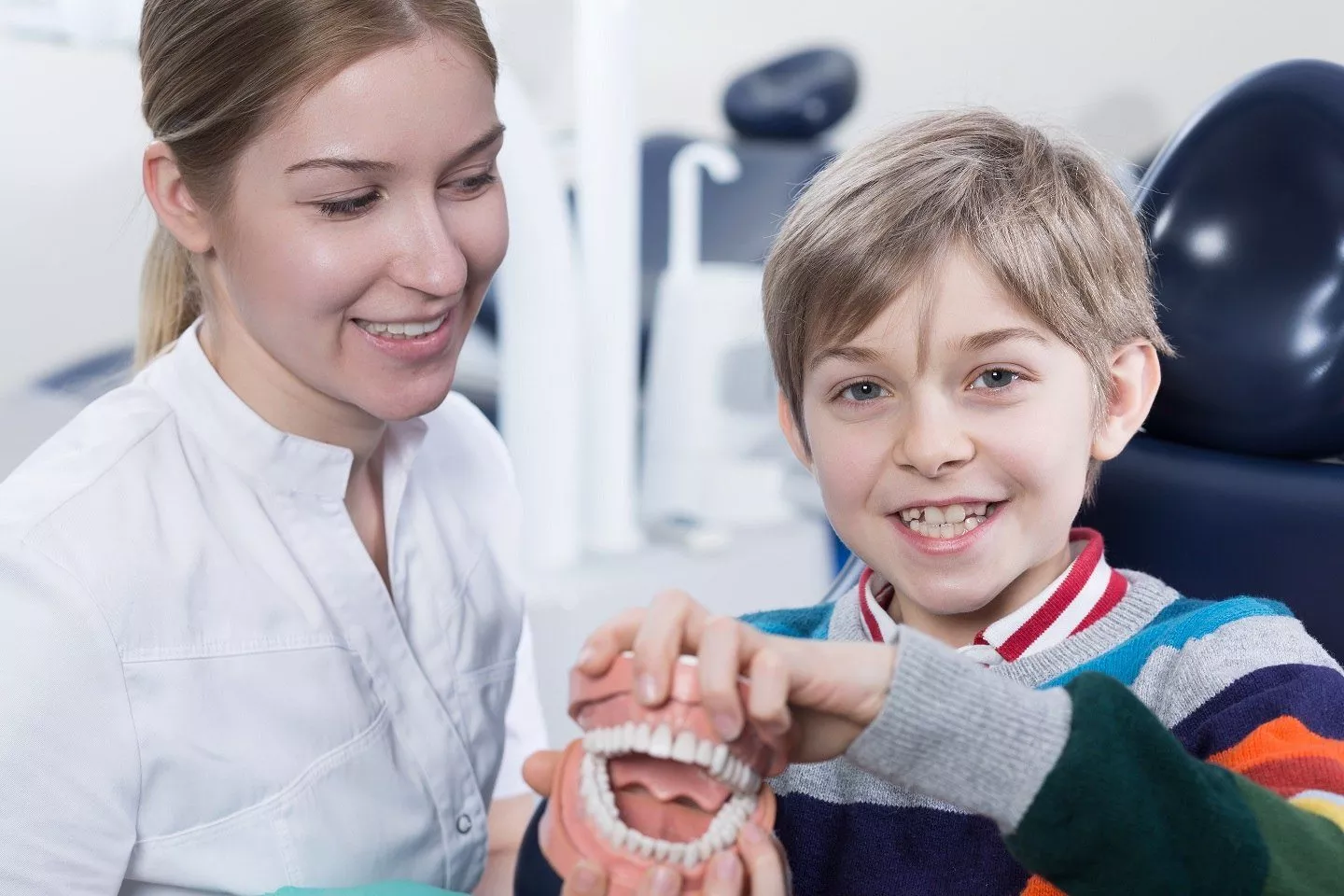Of all the different kinds of patients that a dental clinic serves, perhaps none are as precious as children. This is true in terms of the opportunity for early intervention and the value these patients can bring to a clinic. Because appealing to children is also a great way to appeal to their parents, there -

Of all the different kinds of patients that a dental clinic serves, perhaps none are as precious as children. This is true in terms of the opportunity for early intervention and the value these patients can bring to a clinic.
Because appealing to children is also a great way to appeal to their parents, there are clear benefits to tailoring your service to this demographic. Some clinics even go so far as to use child centered service as one of the ways they manage practice differentiation – parents are much more likely to visit a clinic if it explicitly markets itself as being kid-friendly.

To make your clinic more open to children, here are five strategies that I have personally seen succeed in clinics across the country.
1. Recognize the Unique Needs of Child Patients
Children aren’t like adult patients: not only do they have unique needs in terms of the dental care they require, they also have unique service needs. Making your clinic child-friendly starts with recognizing the fact that children need highly individual treatment.
One practical way you can accomplish this is by using dental software that allows you to quickly and easily store information about young patients’ needs so that it is immediately visible once an appointment has been booked.
This helps you provide great service and makes it easier for your receptionists and hygienists to prepare accordingly.
2. Provide Child-Specific Training for Staff
Getting your team to understand how the needs of children differ from the needs of adults is absolutely essential. And while your dentists and hygienists will have been trained on the technical aspects of caring for young mouths, treating children also requires training in how to relate to and communicate with them when they may not be able to respond in detailed or specific ways.
It’s essential when talking to children that you avoid using medical jargon to keep your words a simple as possible so children are more likely to understand you and feel encouraged to respond and communicate back in turn. However, you still need to use care when speaking with children because they may not be using their communication skills to their fullest out of fear of dental procedures in general. Quietly coax them into talking, showing them that there’s no reason to be afraid.
With older children, it’s important you do not treat them as babies, but rather as young adults as much as possible. Of course, you’ll need to consider the age of each child patient and adjust your speech to meet his or her needs.

Make sure also to keep your tone of voice measured and soft. Especially when you’re using tools that can sometimes be painful, a soothing tone of voice will do wonders for abating your child patients’ level of fear. Ensure that your entire staff keeps the collective tone consistent. This will help children understand that everyone is there to care for them and make them feel safe.
3. Appealing to Kids Means Appealing to Parents
Whether or not you retain a young family as patients will undoubtedly be influenced by the experience the child has – but the final decision will, of course, be made by the parent. This means that making your clinic more child-centered also means appealing to their parents.
You can accomplish this by creating a space that is welcoming and accessible and by providing parents the opportunity to book or reschedule appointments quickly – via mobile app or text, for example.
4. Use Positive Reinforcement to Reduce Dental Fear
As every experienced dentists knows, dental anxiety is an issue for patients of all ages. But it is a special concern when working with children, who aren’t as able to regulate or manage their fear of pain or discomfort that may be associated with visiting the dentist.
Put special effort into positive reinforcement for younger patients that will help them to associate visits to the dentist with pleasant experiences like fun cartoons or after-treatment treats.
5. Make Your Reception Area Dynamic
We’ve all visited clinics where the only gesture toward accommodating children is a small bucket of second-hand toys and no room for kids to play with them. If you want parents to feel comfortable bringing their kids to your clinic, you need to put some real thought into making your reception area kid-friendly.
Fortunately, it’s easy to find affordable and fun designs online that can help you communicate to patients that your clinic takes the needs of children (and their parents!) seriously.
Children are not going to be a key demographic for every dental clinic. But even if young people don’t make up the majority of your patient base, your practice will still benefit by being as inclusive as possible. For this reason, adopting some of these strategies for making your clinic appeal to your littlest patients is a great way of showing that you offer an open and welcoming space to patients of all ages.